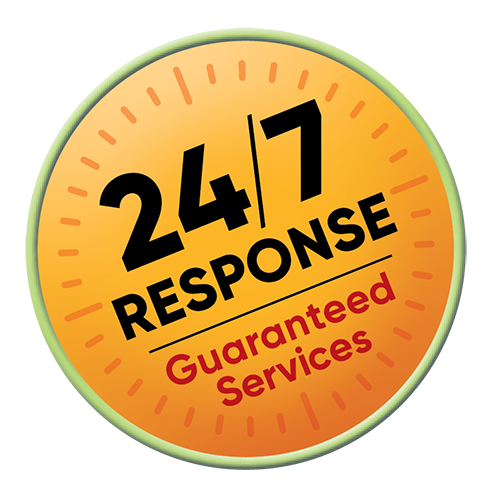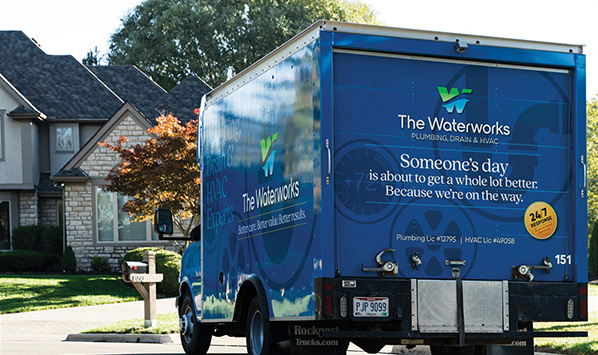How Often You Should Change Your Duct Filters (And What Happens When You Don’t)
Via Modernize
Four walls and closed doors won’t protect you from harmful particles in the air. In fact, there are more pollutants indoors than outdoors. Fortunately, well-maintained air duct filters can help guard you and your family against dust, pollutants, and allergens, as well as keep your HVAC system running smoothly. We at Modernize want to make sure you know what it takes to maintain indoor air quality so that you can live a healthy lifestyle without the unseen harm of excessive pollutants in your home.
When Should I Change My Duct Filters?
When dust piles up on your air filters, the cleanliness of the air becomes compromised—which means the health and well-being of everyone in your house becomes compromised. The better an air filter is at catching the debris and harmful particles, the sooner it calls for a replacement. You should check your air filter at least once a month and try to get in the habit of replacing it at least every three months to ensure proper function.
However, if someone in your household suffers from asthma or allergies, you will probably want to change it as often as every 30 to 60 days to avoid worsening their symptoms. Other exceptions to this rule of thumb include owning a vacation home that is visited infrequently or living in a remote area where there are fewer cars.
What Are the Consequences of Waiting too Long?
The most critical reason to change out your air filters frequently is that it will protect the health of the people who live in your home. Sources of indoor air pollution include gas, oil, building materials, insulation, certain wood products, cleaning products, radon, and pesticides. Some of these originate outside and others inside, but they all can circulate in your home. If you don’t trade out your air filter often enough, it ceases to do its job, leaving these harmful particles to linger indoors.
These particles can cause a range of problems that turn up right away or occur after long-term exposure. Health problems related to indoor air pollution include eye, ear, nose, and throat irritation, and respiratory problems. Long-term problems include conditions like asthma, heart disease, and even cancer. While some people experience symptoms that reveal a sensitivity to the particles in the air at home, others are asymptomatic or have few incriminating symptoms but experience negative effects down the road.
A less dire but still problematic issue associated with dirty duct filters is that they can impede your HVAC system’s performance. Over time, dirty or clogged filters can cause wear and tear on parts of the system and cause it to work less efficiently. Not only will this make it more difficult to heat and cool your home—it will also cause your monthly energy costs to spike.
Review the unique aspects of your home and family to determine how often you should change your air filters for maximum efficiency and safety.
Plumbing emergency? We respond any time!






